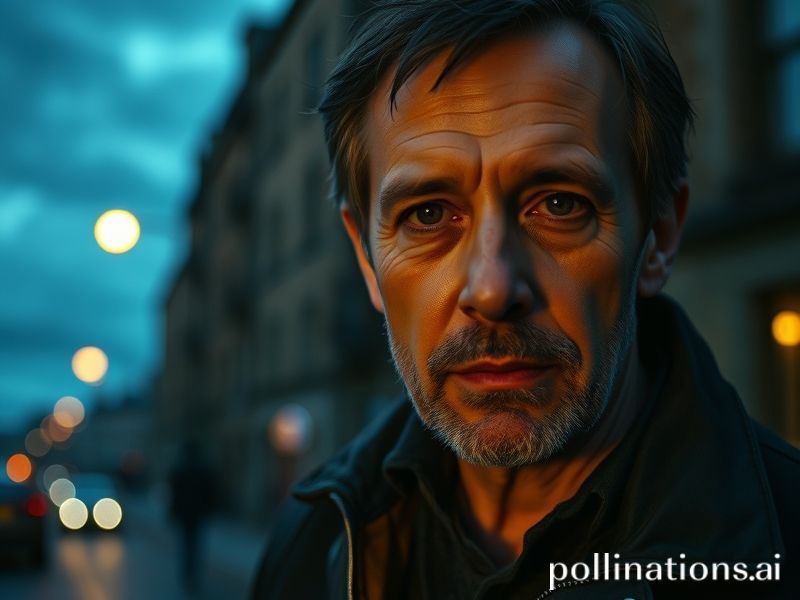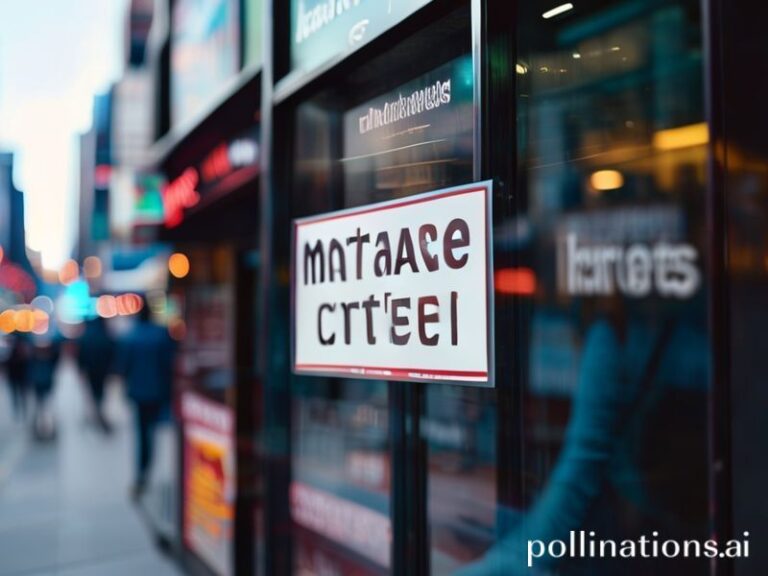Robert Carlyle: The World’s Favorite Harbinger of Doom, One Accent at a Time
Robert Carlyle, the Scottish actor who looks like he’s been personally wronged by every decade since 1979, has quietly become the planet’s most reliable barometer for global despair. From the heroin-scarred housing schemes of Trainspotting to the mushroom-cloud melancholy of 28 Weeks Later, Carlyle’s face has mapped the world’s slide from post-Cold-War optimism into whatever fresh purgatory we’re calling 2024. International viewers, regardless of their native language, recognize that expression: the thousand-yard stare of a man who’s read the fine print on civilization’s warranty and found it expired somewhere around the Y2K bug.
Start in Cannes, 1996. The Palais erupts for Danny Boyle’s Trainspotting; European commissioners in the front row nervously finger their EU lanyards while Carlyle’s psychotic Begbie hurls pint glasses at the very concept of social cohesion. The Berlin Wall is rubble, the euro is still a rumor, yet here’s a Scotsman weaponizing beer mugs as if to say, “Enjoy your peace dividend, lads—it’s got a short shelf life.” Three decades later, Begbie memes circulate in languages as disparate as Korean and Portuguese, all translating the same warning: austerity breeds men who head-butt first and ask questions never. The IMF, take note.
Fast-forward to 2008, when Carlyle’s turn as a reluctant Stalinist henchman in The Last Communist plays in Kyiv weeks before the global crash. Ukrainian students laugh nervously at his character’s ideological gymnastics, then go outside to watch their currency do its own interpretive dance. Carlyle’s weary eyes on-screen mirror the ATM screens off-screen: both promising liquidity neither can deliver. The film’s distributor later admits they marketed it as a black comedy; the audience files out convinced it’s a documentary.
Meanwhile, in the Americas, Carlyle’s ABC series Once Upon a Time teaches Brazilian teens that even fairy-tale villains have daddy issues—a revelation that dovetails nicely with their own president’s Oedipal Twitter feed. Disney’s stock rises; so does the global cynicism index. When Carlyle’s Rumplestiltskin cuts a deal that damns everyone for a century, Sao Paulo finance bros recognize the move as a plain-vanilla currency swap. Somewhere, a hedge-fund intern is updating his pitch deck with screenshots of a scaly imp bargaining for firstborns. Regulation, it turns out, is just another story we tell ourselves.
The pandemic years saw Carlyle reprise his nuclear-holocaust survivor in a Zoom table-read that raised funds for Médecins Sans Frontières. Viewers from Lagos to Lahore donated not because they believed in the cause—humanitarian fatigue is real—but because watching Carlyle pretend to eat radioactive beans felt marginally less bleak than their actual lockdown rations. The UN later noted that donations spiked every time he muttered, “We’re all contaminated now, love.” Bureaucrats filed it under “soft power”; everyone else recognized it as gallows comfort food.
Which brings us to 2024’s sleeper hit: Carlyle starring as a Glaswegian arms dealer in a Ukrainian-set streaming series financed half by Scandinavian tax credits and half by cryptocurrency that may or may not exist. Critics call it “prescient”; the EU calls it “problematic”; viewers in Jakarta torrent it to pass the time while their own currency negotiates a nose-dive. The show’s signature line—”Bullets are just opinions with better PR”—trends on Weibo within hours, illustrating that the global south understands supply chains better than Davos ever will.
In the end, Carlyle’s career reads like a Fitch Ratings report written by a drunken bard: every role a downgrade in humanity’s credit score, every grimace a footnote in the IMF’s appendix on moral hazard. He is not just a Scottish actor; he is the International Monetary Fund of facial expressions, the World Bank of weary resignation. Wherever the next crisis erupts—be it bond defaults in Buenos Aires or chip shortages in Taipei—rest assured that somewhere, on some streaming platform, Carlyle is already there, eyes narrowed, lip curled, silently auditing our collective collateral. And the auditors, dear reader, are never optimistic.







